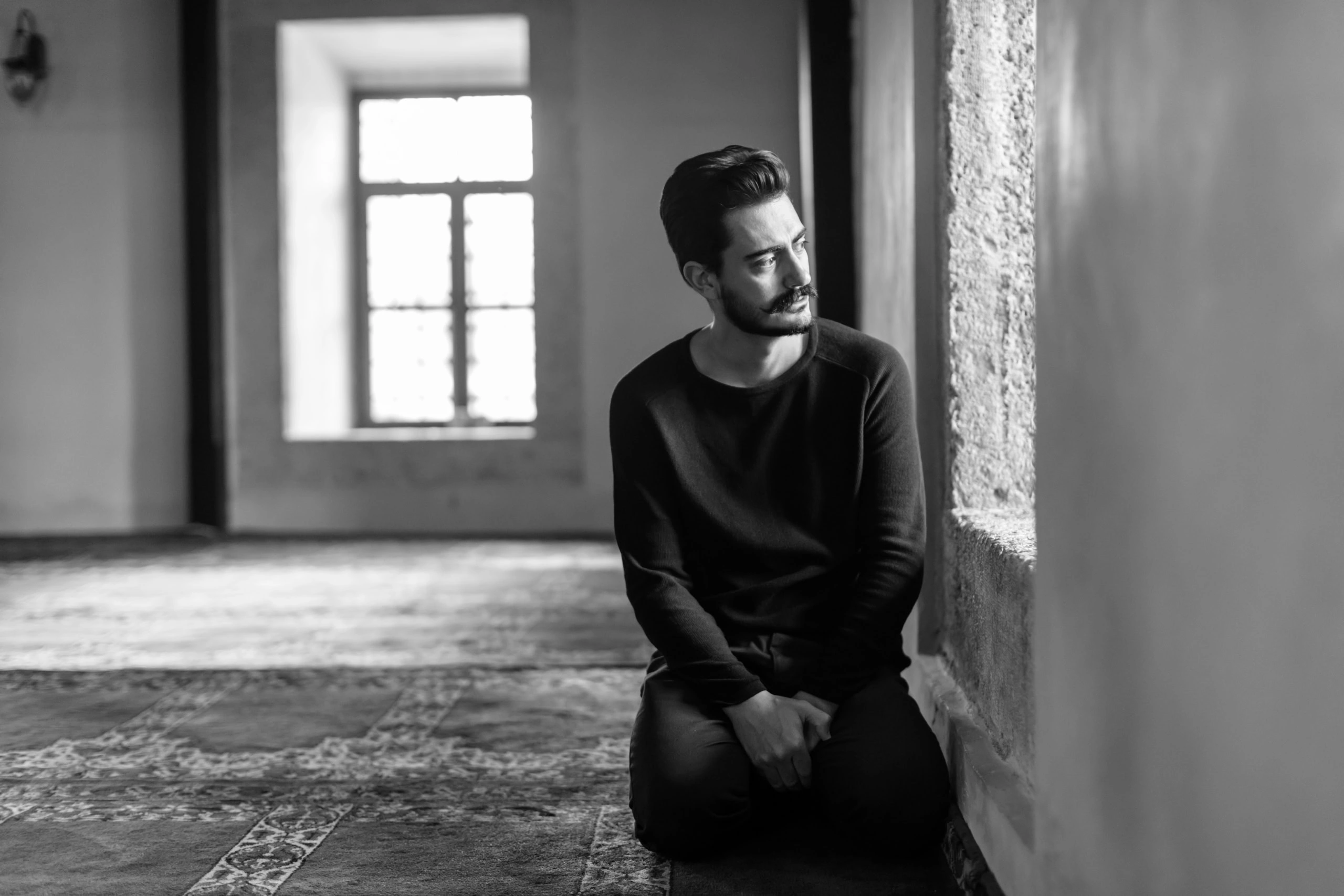Does the Apostate Have to Make Up Prayers?
Shafi'i Fiqh
Answered by Shaykh Irshaad Sedick
Question
As a convert, I affirmed Islam, briefly returned to Christianity, then returned to Islam in 2020. According to Hanafi Fatawa, missed prayers during disbelief may not need to be made up, but the Shafi’i perspective suggests apostates returning to Islam might still be accountable for them. Do I have a debt to repay for missed prayers during my period of disbelief?
Answer
Firstly, it’s essential to acknowledge the mercy and forgiveness of Allah, especially for those who sincerely repent and return to Islam. As a seeker of guidance, your concern for fulfilling your religious obligations is commendable.
In matters concerning the missed prayers of an apostate, the Hanafi and Maliki scholars assert that there is no obligation for the individual to compensate for the prayers missed during the period of apostasy. This is because, during that time, the apostate was considered a disbeliever, and the act of returning to Islam was deemed to expiate the sin of abandoning prayer. The Hanbali School holds two views about this. [al-Mawsu‘a al-Fiqhiyya]
In contrast, the Shafi’i scholars uphold the view that making up for these missed prayers is obligatory upon the apostate upon returning to Islam. This obligation is seen as a form of stringent discipline, emphasizing the significance of fulfilling this religious duty—performing the obligatory prayers—as a fundamental obligation for a Muslim. [Nawawi, al-Majmu‘]
I pray this is of benefit and that Allah guides us all.
[Shaykh] Irshaad Sedick
Checked and Approved by Shaykh Faraz Rabbani
Shaykh Irshaad Sedick was raised in South Africa in a traditional Muslim family. He graduated from Dar al-Ulum al-Arabiyyah al-Islamiyyah in Strand, Western Cape, under the guidance of the late world-renowned scholar Shaykh Taha Karaan (Allah have mercy on him), where he taught.
Shaykh Irshaad received Ijaza from many luminaries of the Islamic world, including Shaykh Taha Karaan, Shaykh Muhammad Awama, Shaykh Muhammad Hasan Hitu, and Mawlana Abdul Hafeez Makki, among others.
He is the author of the text “The Musnad of Ahmad ibn Hanbal: A Hujjah or not?” He has been the Director of the Discover Islam Centre and, for six years, the Khatib of Masjid Ar-Rashideen, Mowbray, Cape Town.
Shaykh Irshaad has fifteen years of teaching experience at some of the leading Islamic institutes in Cape Town). He is currently building an Islamic podcast, education, and media platform called ‘Isnad Academy’ and has completed his Master’s degree in the study of Islam at the University of Johannesburg. He has a keen interest in healthy Prophetic living and fitness.
